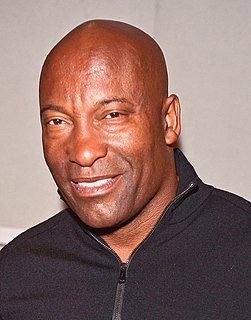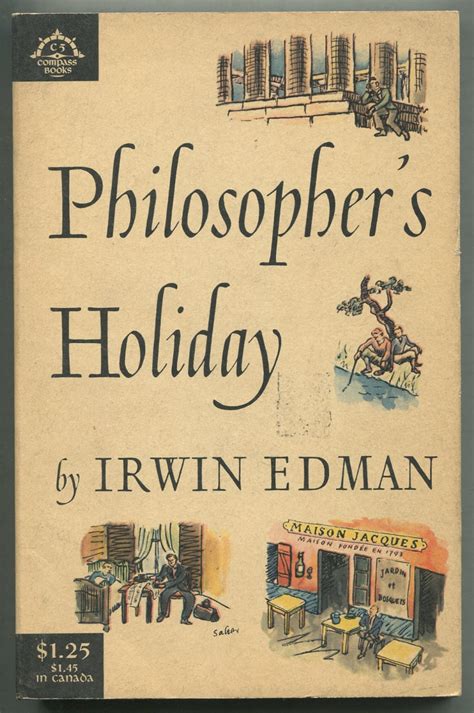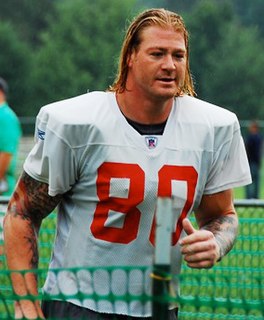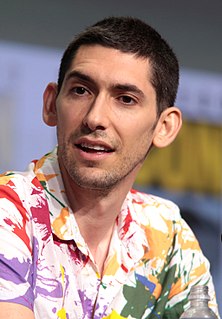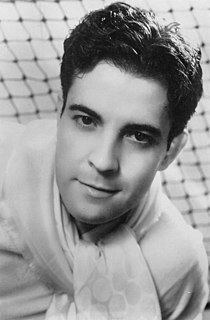A Quote by Terry Pratchett
If he'd been a hero, he would have taken the opportunity to say, "That's what I call sorted!" Since he wasn't a hero, he threw up.
Related Quotes
In broad outline and in detail, the life of Jesus as portrayed in the gospels corresponds to the worldwide Mythic Hero Archetype in which a divine hero's birth is supernaturally predicted and conceived, the infant hero escapes attempts to kill him, demonstrates his precocious wisdom already as a child, receives a divine commission, defeats demons, wins acclaim, is hailed as king, then betrayed, losing popular favor, executed, often on a hilltop, and is vindicated and taken up to heaven.
Part of what we want to do with the Heroic Imagination Project is to get kids to think about what it means to be a hero. The most basic concept of a hero is socially constructed: It differs from culture to culture and changes over time. Think of Christopher Columbus. Until recently, he was a hero. Now he's a genocidal murderer! If he were alive today, he'd say, "What happened? I used to be a hero, and now people are throwing tomatoes at me!
I was always the hero with no vices, reciting practically the same lines to the leading lady. The current crop of movie actors are less handicapped than the old ones. They are more human. The leading men of silent films were Adonises and Apollos. Today the hero can even take a poke at the leading lady. In my time a hero who hit the girl just once would have been out.

